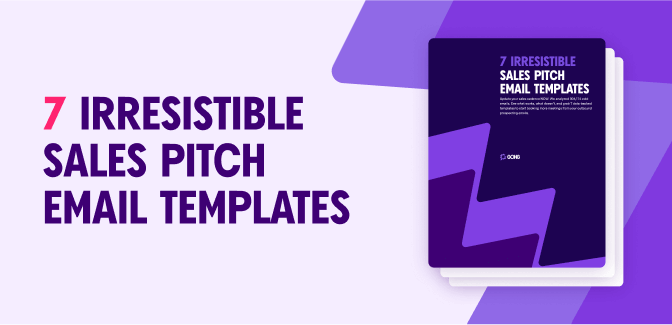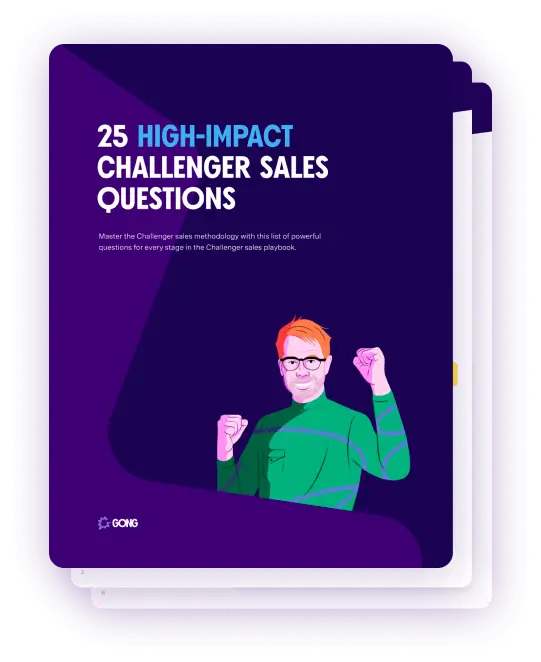guide
25 High-Impact Challenger Sales Questions
Prospects don’t want you to “sell” to them. They want someone who understands the challenges they’re facing to present a durable solution.
Use these Challenger Sales questions to uncover your prospects’ pain points and become a high-performing sales rep. Learn how you can reframe their understanding of the problem and position your solution.

Don’t let any more deals slip through
Get these value-based Challenger Sales questions now. They’re 100% free to download.
Loading form...

